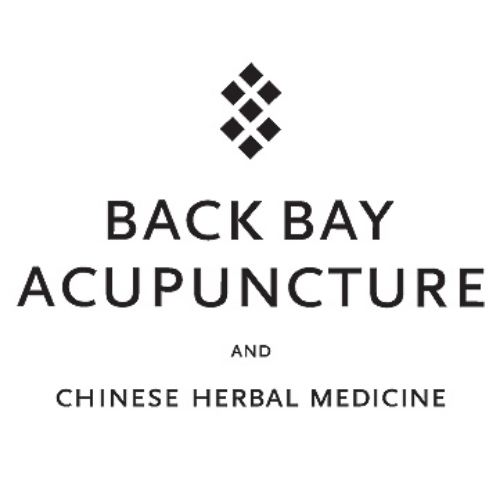In previous posts I explained how a state called “dampness” in Chinese medicine can affect the respiratory system and contribute to acute and chronic sinus congestion. This state can also have an impact on the reproductive system.
Polycystic Ovarian Syndrome (PCOS) is an endocrine disorder among women of reproductive age. Women with this syndrome have enlarged ovaries that contain small collections of fluid called follicles. Signs and symptoms consist of irregular periods, excessive facial or body hair, acne, and enlarged polycystic ovaries. PCOS is a biomedical diagnosis. There is not a direct equivalence between modern biomedicine and Traditional Chinese medicine, so it wouldn’t be accurate to say that Chinese medicine treats PCOS. However, acupuncture and herbal medicine can effectively treat signs and symptoms associated with PCOS. It has a different way of interpreting the body and uses a different language to describe what is going on within.
In Chinese medicine, the symptoms associated with PCOS can often be categorized as kidney yang deficiency with phlegm/dampness. The deficiency of kidney yang can cause amenorrhea or infertility. When deficient for a long time it will fail in its ability to transform fluids in the body. Fluids accumulate and turn into dampness which further stagnates into phlegm. This dampness/phlegm may contribute to the formation of cysts on the ovaries. It can also obstruct the fallopian tube, preventing movement of the egg.
Emotional stress leads to qi and blood stagnation. Liver qi stagnation and blood stagnation are other patterns of imbalance that can also contribute to PCOS symptoms. Additional symptoms from these patterns may include obesity, abdominal pain and heaviness in the chest. If one is also consuming excessive amounts of over-sweetened, greasy or raw foods, this weakens the spleen’s function of transporting and transforming fluids. This fluid accumulation is made worse due to the qi constraint. This is another way in which dampness and phlegm impact the reproductive system.
If you’re struggling with infertility or have been diagnosed with PCOS, it’s important to eat a balanced diet free of these over-sweetened and greasy foods. Healthy lifestyle changes in combination with acupuncture and herbal medicine can be used to effectively address PCOS symptoms. For more information contact me for a consultation to discuss your specific concerns.
Sources:
Lyttleton, Jane. Treatment of Infertility in Chinese Medicine. 2004 Elsevier
Maciocia, Giovanni. Obstetrics & Gynecology in Chinese Medicine. 1998 Churchill Livingstone

